Culture is our system for understanding the world around us. Our culture may be a nation, a company, or a family. It is also our individual perceptions and our definitions of right and wrong behaviors. Culture can be very personal.
Decisions with No Right Answers
Early in my career, I became the manager of a research and development group. Being a manager required mediating between employees who stubbornly refused to work with each other and handling those upset for being put on probation when their work consistently underperformed. People are never short of opinions.
One of the group’s larger projects successfully attracted business investment for making a new product at an industrial scale. Many of the group’s scientists had contributed to the project and in many different ways. The group’s excitement was high, everyone feeling the allure of potentially being part of a high-visibility commercial project.
It was understood that the project needed to be successful. Yet, not all of the scientists contributed equally to the project, and implementing the technology did not require everybody from the group.
I had the responsibility to allocate resources. I talked to my boss, the business manager, and considered the skills of the scientists. Although my boss could overrule my decision, I had to make the first call.
At one of our regular group meetings, I announced the critical few scientists assigned to the project. One of the unchosen scientists let out a gasp.
Right is in the Eye of the Beholder
Despite the influence of national or regional cultures, perspectives matter only when at the interpersonal level. Since negotiation is between individual people and not amorphous entities, a person’s perspective becomes central.
Individuals behave in a wide variety of ways, especially in social networks. Their behaviors include verbal and nonverbal communication. The strongest signals are those of judgment: what’s right and what’s wrong.
Different Tastes, Different Opinions
People behave according to a range of internal preferences. Personality preferences are filters through which an individual creates a perspective of the world around them. The filters are classifications used for perceiving but are not a judgment about motivation; i.e., they are neither right nor wrong.
These views influence their understanding of events and how they should respond to them. The tendencies exist in both the conscious and subconscious and combine in varying degrees to create an individual’s personality.
Untested Assumption to Tested Presumption
Outward behavior is the last element in a complex internal process and one a negotiator needs to unravel. An extremely useful technique to understand a person’s perspective is reflective listening. The listener repeats what the speaker has just said, using the speaker’s own words.
The technique works to illuminate a speaker’s mental concept using their audible words. It is a mechanism to get a speaker to explain more of what they mean, providing new descriptions. It does not convey that the listener agrees with the speaker, nor is it a judgment for or against. Listening without discussion misses volumes.
After the group meeting, upon returning to my office, that unchosen scientist walked into my office and closed the door. He condemned me, leaving me with a very specific image of what kind of person he thought I was. He indicated a certain heavenly authority would teach me a lesson during my life, and probably in the afterlife as well. Not a discussion but the delivery of a message, understanding not required.
At work the next day, he resigned, turning in his two-week notice. He spent his remaining work time, ensuring that everyone in the group understood his perspective. He felt the situation personally and wanted everybody else to feel it personally as well.
Neither my management training nor my own resources had prepared me for his behavior. In time, I joined an organization for community counseling to gain more insight and training. There the real lessons were taught.
Negotiators Anticipate Extraordinary Responses
As an instructive ‘non-negotiation’ experience, the event taught me that people have complicated behaviors. Personalities and perspectives vary widely, following their own internal logic. An effective negotiator prepares, anticipates the unexpected, and uses reflective listening to clarify understanding … and pursue success.
When you get distracted by the familiar, surprises await! https://youtu.be/Hw88MWoqenQ

